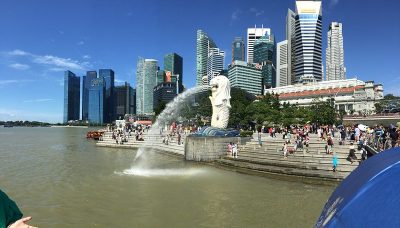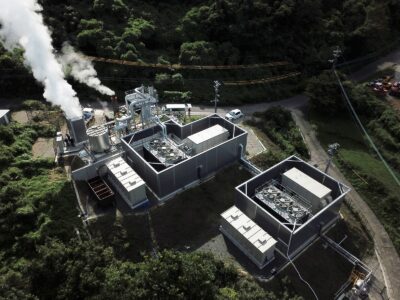Indonesia considering financing guarantees for IPPs
The Indonesian government considers guaranteeing financing for independent power producer , or IPP, projects under the second phase of the 10,000-megawatt “fast-track” power generation program, in a bid to meet rising energy demand.
Locally reported, the Indonesian government “now considers guaranteeing financing for independent power producer , or IPP, projects under the second phase of the 10,000-megawatt “fast-track” power generation program, in a bid to meet rising energy demand.
The countries Energy Minister Purnomo Yusgiantoro, said that “espite the global financial crisis, the government still hopes to construct 99 new power plants under the second phase to cater to domestic electricity demand, which has been increasing by an annual average of 7 percent per year.
State utility PT Perusahaan Listrik Negara, or PLN, said it only intended to build about 20 percent of the projects, leaving the rest to be built by IPPs.”
At the IPP conference in Jakarta, “a conference participant asked whether it was possible for the government to issue a guarantee letter for the projects, so the government [through PLN] could take over a project if a company was unable to proceed,” Purnomo said, adding that the government would consider the idea.
But IPPs would have to request the guarantees, he added. “If the IPPs don’t ask for guarantees, why should we guarantee them?”
In the first phase of the fast-track program, IPPs were issued so called “comfort letters,” which attested to their ability to finance engineering, procurement and construction projects because of their ties to PLN projects, Purnomo said.
Most IPPs have had financing problems, particularly as coal prices have soared to record highs, eroding their margins.
Only about 15 percent of 150 proposals submitted by IPPs have been approved, said Monang Sirumapea, vice president of PLN’s IPP unit.
But that figure is expected to increase to 25 percent by directing IPPs into small-capacity, renewable energy projects, Monang said.
“We will try to assist the IPPs when dealing with land procurement and financing,” Monang said. “The new ministerial decree on electricity tariffs could help PLN to negotiate prices — this is expected to speed up the projects.”
The Energy Ministry plans to increase the role of renewable resources in the second phase, particularly geothermal energy, because Indonesia is home to an estimated 40 percent of the world’s renewable energy potential.
It expects the facilities — including coal- and hydro-fired power plants — to start production in 2014, with a total investment of US$15.32 billion.
PLN has faced financing problems in completing the first stage of the fast-track program because Chinese banks, the biggest lenders, halted loans and demanded higher interest payments.
Rudiantara, PLN’s vice president, said last week that China Exim Bank had lent $186 million and backed off demands for higher interest rates.
PLN now expects to miss its 2010 deadline for the first stage. The utility said last month that some of the power plants under the first stage would not be completed until 2012 due to financing difficulties.”
Source: JakartaGlobe Business











